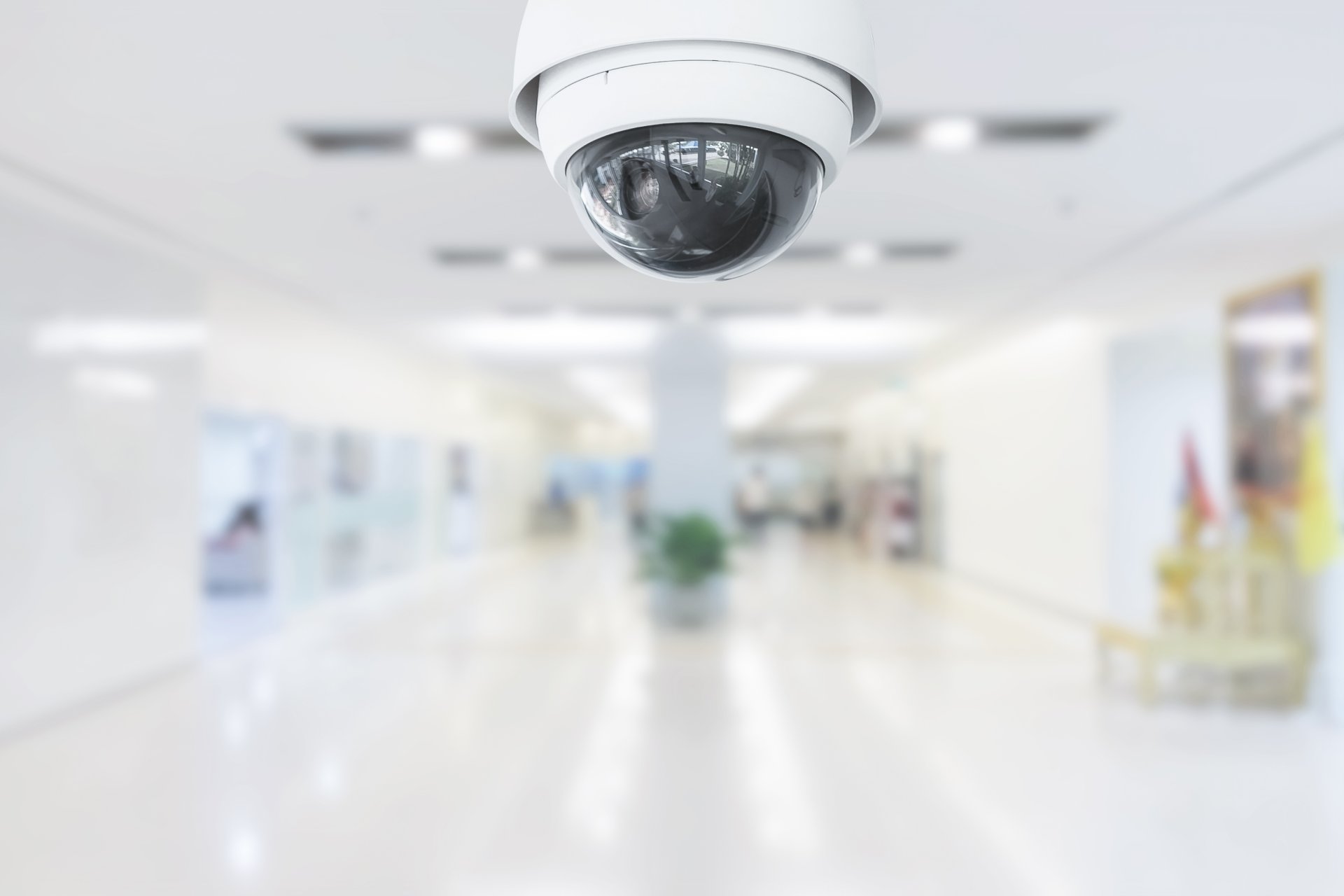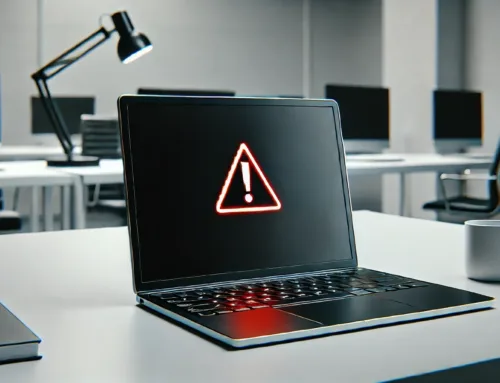Can Tenants Install Security Cameras?
Security cameras have become a popular choice for enhancing safety and surveillance in homes and rental properties across the UK. However, when it comes to installing security cameras in rental properties, there are several considerations that both tenants and landlords need to take into account. In this blog, we’ll address the question of whether tenants can install security cameras, the permissions required from both tenants and landlords, and why both parties should consider the benefits of having a security camera system installed. Additionally, we’ll explore the different types of security cameras available for rental properties and discuss some common brands along with their pros and cons.

Can You Install a Home Security Camera System in a Rental Property?
Yes, tenants can typically install a home security camera system in their rental property. However, there are certain factors to consider, including obtaining permission from both the landlord and any other tenants who may be affected by the installation.
Do You Need Permission from Your Tenants?
If you’re a landlord considering installing security cameras in a rental property, it’s important to obtain permission from your tenants before proceeding with the installation. While you may have the legal right to install security cameras for the safety and security of the property, respecting your tenants’ privacy and obtaining their consent is crucial for maintaining a positive landlord-tenant relationship.
Do You Need Permission from Your Landlord?
As a tenant, you should seek permission from your landlord before installing security cameras in a rental property. Even if you’re responsible for the maintenance and upkeep of the property, making alterations or additions such as installing security cameras may require approval from the landlord as per the terms of the tenancy agreement.
Why Landlords and Tenants Should Both Want a Security Camera System Installed
Enhanced Security: A security camera system can deter intruders and trespassers, providing peace of mind for both landlords and tenants knowing that their property is protected.
Crime Prevention: Surveillance cameras can help prevent criminal activity such as theft, vandalism, and trespassing, reducing the risk of property damage and loss.
Evidence Collection: In the event of a security breach or incident, security cameras can provide valuable evidence to assist law enforcement and insurance claims.
Property Monitoring: Landlords can use security cameras to monitor the condition of the property and ensure compliance with tenancy agreements, while tenants can use them to monitor their belongings and personal safety.
The Different Types of Security Cameras
Common Brands and Their Pros and Cons
Ring:
– Pros: Easy installation, integration with other smart home devices.
– Cons: Privacy concerns related to data sharing.
Arlo:
– Pros: Wire-free, battery-powered cameras with excellent video quality, advanced features.
– Cons: Initial cost and ongoing battery replacement can be expensive.
Nest:
– Pros: High-quality cameras, intelligent features like facial recognition and activity zones.
– Cons: Subscription fees for cloud storage may deter some users.
Blink:
– Pros: Affordable, battery-powered cameras with long battery life, easy setup.
– Cons: Video quality may not be as high as other brands, limited range of features.
– Pros: Reputation for quality products, potential for integration with other Philips smart home devices.
– Cons: Limited range of security camera options compared to other brands.
– Pros: Affordable options, easy setup and integration with existing TP-Link smart home ecosystem.
– Cons: Limited range of advanced features compared to higher-end brands.
– Pros: Professional-grade security cameras with advanced features, robust performance and reliability.
– Cons: Higher initial cost compared to consumer-grade brands, may require technical expertise for setup and configuration.
– Pros: Wide range of security camera options including wired and wireless models, reputable brand with a history of providing reliable security solutions.
– Cons: Some users report issues with customer support and software compatibility, pricing may be higher compared to budget-friendly brands.
Each of these brands offers a unique set of features and considerations, allowing tenants and landlords to choose the security camera system that best fits their needs and budget.
In conclusion, while tenants can install security cameras in rental properties, it’s essential to obtain permission from both the landlord and any affected tenants. By working together and considering the benefits of having a security camera system installed, both landlords and tenants can contribute to enhancing the safety and security of the rental property.




